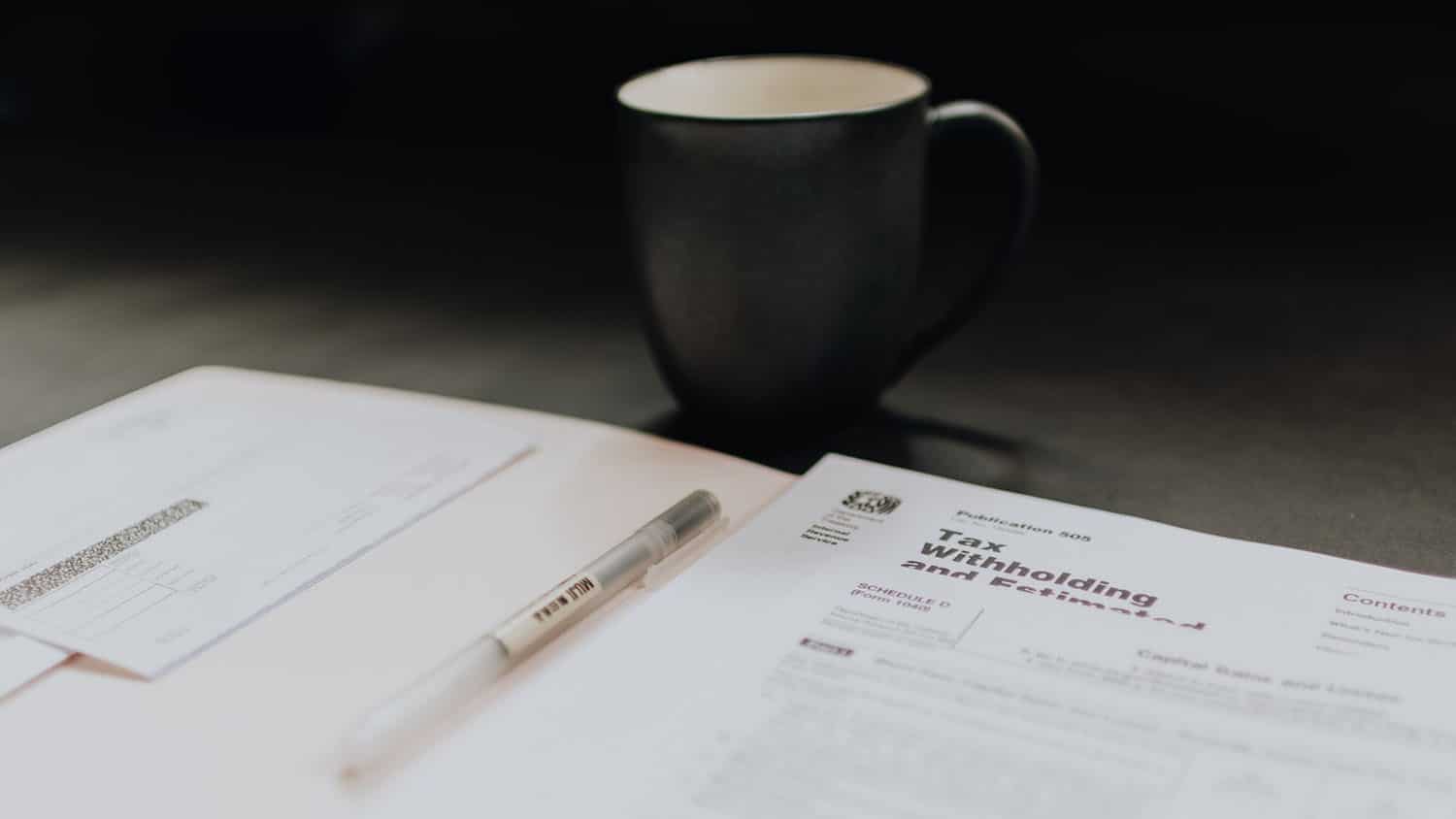
New research finds that corporate executives are more likely to increase their profits from insider trading when individual state income taxes go up, presumably because the executives are attempting to offset the increased taxes they will be paying. By the same token, executives are more likely to engage in less profitable insider trading when their income tax rates go down.
“This study stems from longstanding interest in how taxes affect executive compensation,” says Nathan Goldman, co-author of a paper on the work. “Executive contracts generally don’t get renegotiated when tax rates change. We wanted to see if there was a relationship between increased tax rates and executives effectively increasing their compensation by engaging in more insider trading – which can pose risks for their companies and may or may not be legal.” Goldman is an associate professor of accounting in North Carolina State University’s Poole College of Management.
Most people think all insider trading is illegal. But most transactions by business insiders are legal. Insider trading simply refers to instances when employees of a company buy or sell shares in the company for which they work. This only becomes illegal if executives fail to disclose their transactions, or if they are making transactions based on information that is not publicly available.
“For example, if an executive knows that their company is about to lose a major contract – but that information is not yet public – the executive is not allowed to sell shares in the company until that information becomes public,” Goldman says. “Insider trading is not illegal; trading on insider information is illegal.”
However, insider trading – even when legal – can draw significant scrutiny from shareholders or regulatory authorities. In other words, legal insider trading poses risks for companies related to shareholder confidence in those companies – particularly if that trading leads to formal investigations by the Securities and Exchange Commission (SEC) or other regulatory authorities.
Executives are required to publicly disclose, within two days, whenever they buy or sell shares in their own companies. This information is publicly available through the SEC.
For this study, the researchers focused on executives with the following titles: CEO, CFO, CIO, COO, CTO, president, executive or senior vice president, or general counsel. The researchers looked at insider trades by these top executives at 2,708 companies between the years 2000 and 2019. The researchers also collected information on changes in state income tax rates in states where those 2,708 companies are headquartered.
The researchers plugged that data into a complex statistical model to determine whether there was any association between changes in tax rates and insider trading by executives. Specifically, the researchers looked to see if there was any change in the number of shares being bought or sold in insider trades made by executives, and whether there was any change in the profitability of the insider trades made by executives.
“We found that the volume of insider trades – the number of shares being bought or sold – was fairly consistent, regardless of changes in tax rates,” Goldman says. “So there doesn’t seem to be any relationship there.
“However, we found that insider trades were more profitable in the wake of tax increases, and declined in the wake of tax decreases.”
The researchers also drew on publicly available data to determine whether there was any correlation between increased tax rates and SEC investigations related to insider trading.
“We found that there is a relationship there,” Goldman says. “In states where there are increases in tax rates, there is an increase in the number of SEC insider trading investigations.”
And the opposite was also true – there were fewer insider trading investigations in states where income taxes decreased.
“Altogether, it appears that executives are willing to take greater risks with shareholder confidence and SEC investigations by making more profitable insider trades in order to boost their compensation when taxes increase,” Goldman says.
“These results have implications for how companies contract with their executives. It may be in the company’s best interest to increase executive compensation directly when tax rates increase, rather than leaving them to increase their compensation via insider trades that increase risk for both the executive and the company.”
The paper, “Executive Compensation, Individual-Level Tax Rates, and Insider Trading Profits,” is published in the Journal of Accounting and Economics. The paper was co-authored by Naim Bugra Ozel of the University of Texas at Dallas.

